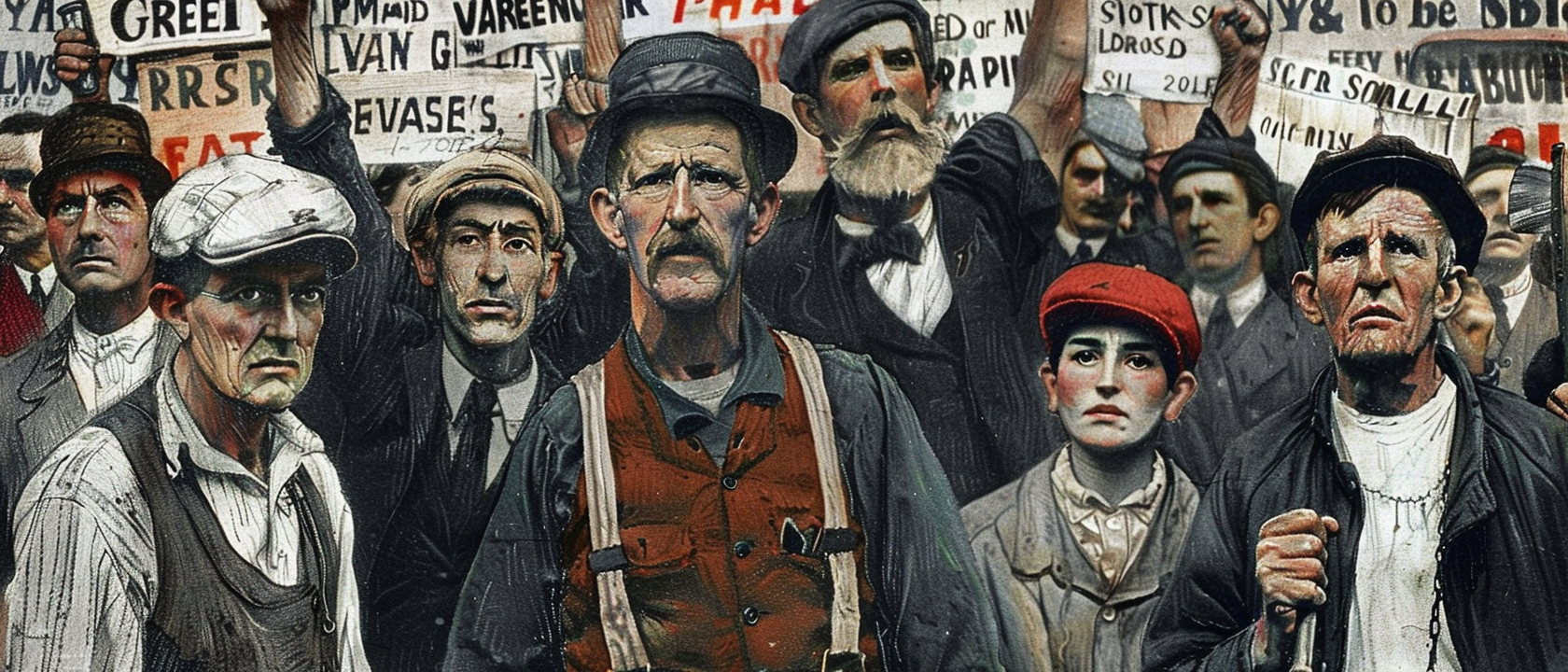
In a thought-provoking podcast, Professor Patrick Newman explores Murray Rothbard’s insightful critique of the Progressive Era, shedding light on a pivotal time in American economic history.

The podcast episode featuring Professor Patrick Newman offers a wealth of insights into American economic history, focusing on the works of Murray Rothbard. Rothbard's contributions to understanding the evolution of economic thought and practice in the United States are profound, stretching from the colonial era through World War II.
Rothbard challenges dominant historical narratives, presenting a libertarian critique of the progressive era and its key figures. His works, including "The History of Money and Banking in the United States" and "The Progressive Era," provide nuanced analyses of the interplay between economic policies, monetary decisions, and their socio-political ramifications.
A central theme of Rothbard's work is the delineation between market-driven economic activities and government interventions. He posits that many of the financial crises and economic downturns in the 19th century were not due to the absence of a central bank but were the result of government meddling in banking and monetary affairs.
Additionally, Rothbard's examination of the progressive era reveals the regressive nature of many reforms that, under the guise of public interest, served to entrench mercantilist policies and crony capitalism. The rise of regulatory frameworks, trust-busting, and the establishment of the Federal Reserve are discussed as turning points that significantly altered the course of American economic history.
Another key takeaway is Rothbard's explanation of the collapse of laissez-faire politics by the end of the 19th century, stemming from the transformation of both the Democratic and Republican parties into entities advocating increased government intervention.
The podcast episode with Professor Patrick Newman delves deep into the heart of American economic history, guided by the astute observations and analyses of Murray Rothbard. Rothbard's contribution to understanding the principles of economics, the role of government intervention, and the evolution of American economic policy is unparalleled.
His scholarship sheds light on the often misunderstood periods of American history, such as the progressive era and the formation of the Federal Reserve, offering a compelling narrative that questions the efficacy of government regulation and centralized monetary control.
Rothbard's work serves as a reminder of the importance of market dynamics in fostering economic prosperity and the dangers of governmental overreach. As we continue to grapple with economic challenges and policy decisions, his insights remain as relevant today as they were when first penned, providing a valuable framework for analyzing both past and present economic phenomena.